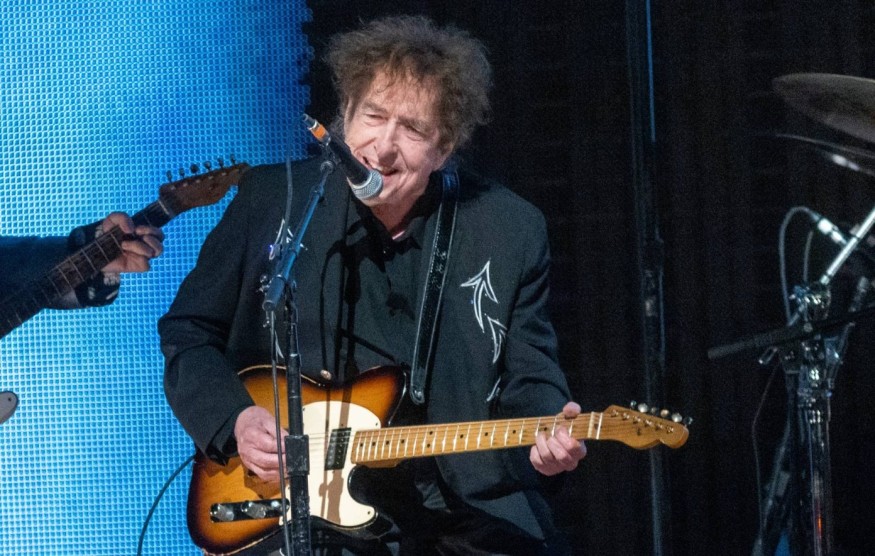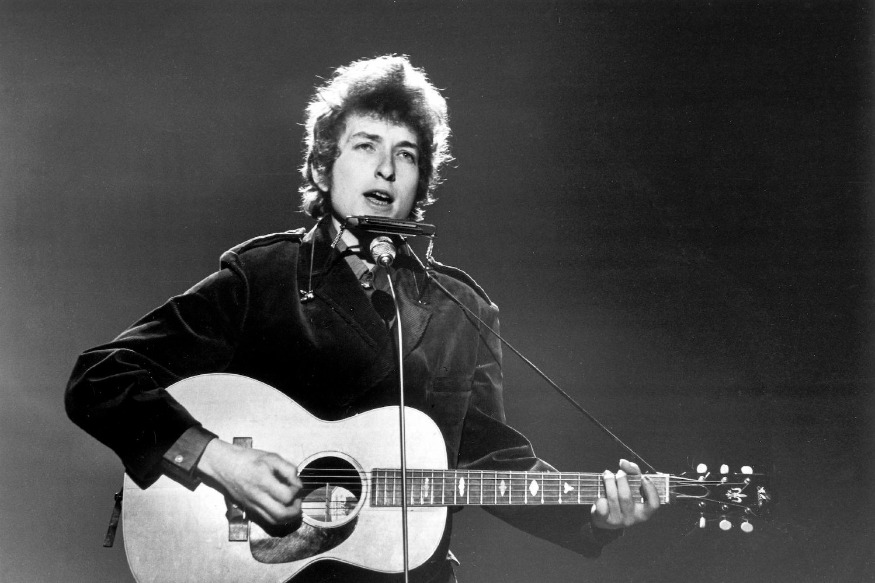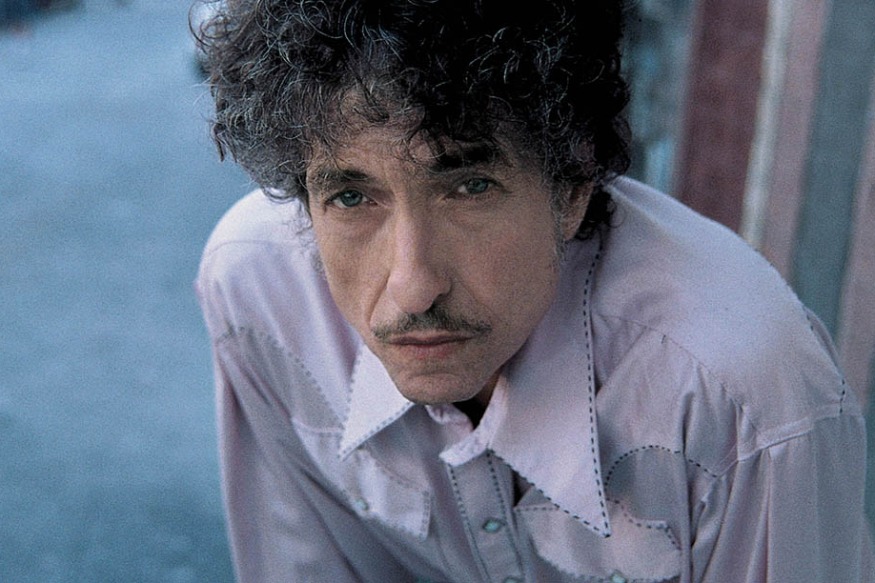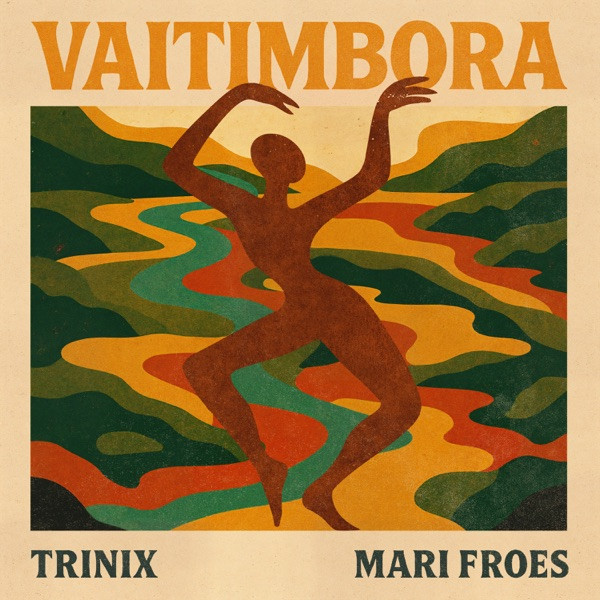
Bob Dylan has been awarded an honorary doctorate from Berklee College of Music, celebrating his lifelong influence on global music and culture. The ceremony became a powerful reminder that Dylan’s words, melodies, and spirit continue to inspire new generations of artists
Bob Dylan has received yet another honor — one that feels both monumental and poetic. The Berklee College of Music has awarded the 83-year-old icon an honorary doctorate, recognizing not just a lifetime of achievement, but a living legacy that continues to shape generations of musicians. For fans and fellow artists alike, the moment was a reminder that Dylan’s voice — sometimes a whisper, sometimes a storm — still defines the very spirit of artistic truth.
The announcement, made in Boston earlier this month, immediately became one of the most discussed cultural events of the year. In a rare public statement, Dylan called the honor “a pleasant surprise,” adding with dry humor that he sometimes wonders what might have happened “if I’d gone to a school like Berklee.” The remark spread quickly online, celebrated as classic Dylan — humble, reflective, and tinged with that unmistakable blend of irony and sincerity that has defined his career for over six decades.
According to Berklee’s president, Jim Lucchese, the decision was unanimous. “Bob Dylan changed the way the world listens to itself,” he said during the ceremony. “His words and melodies reshaped not just American music, but the very language of self-expression.” Lucchese emphasized that Dylan embodies the same values Berklee strives to teach — fearless creativity, authenticity, and the pursuit of meaning through sound.
The ceremony, which took place on campus in early October, was accompanied by a live musical tribute titled Watching the River Flow: A Roots Salute to Bob Dylan. Students, faculty, and guest artists took the stage to perform some of Dylan’s most influential songs — “Blowin’ in the Wind,” “The Times They Are A-Changin’,” “Chimes of Freedom,” and a haunting ensemble rendition of “It’s Alright, Ma (I’m Only Bleeding).” Though Dylan himself was not present, the emotion in the room was palpable. Each lyric carried the weight of history, proof that his words still resonate with urgency and grace.
For Berklee, the decision to honor Dylan was as much about education as it was about inspiration. Matt Glaser, artistic director of the school’s American Roots Music Program, explained: “Berklee teaches exactly what Dylan has lived — a lifelong apprenticeship to sound. He absorbed, reimagined, and transformed every American musical tradition: blues, folk, gospel, rock, country. He’s a walking archive of our cultural DNA.”
That statement captures the essence of why Dylan remains such a towering figure. Long before degrees or awards, his songs became the textbooks of modern songwriting — a masterclass in rhythm, rebellion, and raw humanity. When he left the University of Minnesota after only one semester in 1960, he didn’t abandon learning; he redefined it. The open road became his classroom, the working class his professors, and the American dream — with all its cracks and contradictions — his lifelong thesis.
This isn’t the first time Dylan has been honored by an academic institution. He previously received honorary doctorates from Princeton University in 1970 and St. Andrews in 2004, but this latest one feels particularly symbolic. Over fifty years after that first degree, the circle closes — not in ivory towers, but in a school devoted to modern creativity and performance.
His Princeton ceremony even inspired one of his most underrated songs, “Day of the Locusts,” which vividly described the surreal moment he accepted the diploma under the buzzing of cicadas. “The man standing next to me, his head was exploding,” he sang, turning a simple day into myth. That ability — to turn the ordinary into the eternal — is exactly what Berklee sought to honor.
In Chronicles, his autobiographical work, Dylan wrote that his first honorary diploma “seemed to contain something of the spirit of the universe.” Decades later, that sentiment feels even more fitting. His art has always reached for something cosmic — a truth that exists between words, chords, and silence.
For the Berklee community, honoring Dylan was not just a tribute to his past, but to what he continues to represent: curiosity without limit. “Dylan never stopped learning,” Glaser said. “He’s the kind of artist who sees music as an endless conversation.” That idea — of constant evolution — mirrors Berklee’s own philosophy.
Even now, Dylan’s influence remains immeasurable. From indie singer-songwriters to hip-hop lyricists, his fingerprints can be found across genres and generations. His approach to storytelling — blending poetry, politics, and philosophy — reshaped what popular music could say and how it could say it. In an age of instant fame and viral hits, his longevity feels almost radical.
The tribute performance at Berklee ended on a powerful note: a student ensemble performing “Mr. Tambourine Man” under a single spotlight, as images from Dylan’s six-decade career flashed behind them. The applause lasted for minutes. As one audience member whispered, “It feels like he’s here.”
Though Dylan remains famously private, those close to him say he was touched by the honor. “He’s never chased validation,” said a longtime collaborator. “But when an institution like Berklee — a place that nurtures the next generation — says you’ve changed the way music thinks, that means something.”
And indeed, Dylan’s path has always been about thought — about questioning, challenging, and seeking. His songs are less about answers and more about the space between them, the silence that demands you listen closer.
The honorary doctorate from Berklee isn’t just a milestone; it’s a mirror. It reflects the man who turned art into inquiry, fame into philosophy, and music into a lifelong dialogue between the heart and the world.
As the ceremony concluded, the dean of music summarized the sentiment perfectly: “In a time when everything moves fast and fades faster, Bob Dylan reminds us that truth has no expiration date.”
More than sixty years after he first picked up a guitar in Minnesota, Dylan remains — as ever — a student of sound, a restless seeker, and an artist who never stopped asking why.
And now, thanks to Berklee, he has the title to match: Doctor of Music — honoris causa — Bob Dylan.







